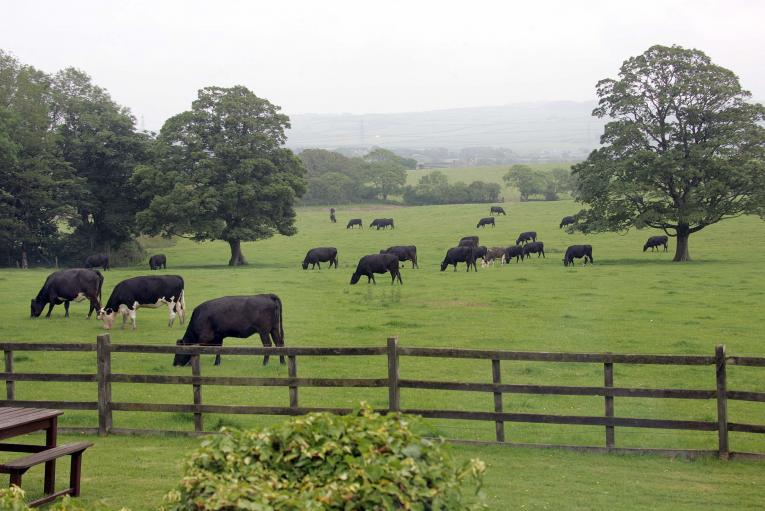
Following a successful reprofiling and consultation with the agricultural industry, the Wales-wide programme Gwaredu BVD has announced an extension of seven months of BVD screening for Welsh beef and dairy farms.
BVD (Bovine Viral Diarrhoea) suppresses the immune system of cattle, leading to other health problems and reduced fertility. As well as impacting on animal health, it is estimated that a persistent BVD infection could cost the average Welsh beef herd £4500 a year.
The Gwaredu BVD programme recently announced an extension of the programme from 31st August 2020 to the 31st March 2021 to allow additional time for stakeholders to prepare for a potential outcome where BVD screening and control becomes a legal requirement. The programme is managed by Coleg Sir Gâr in partnership with the Royal Veterinary College, with Hybu Cig Cymru – Meat Promotion Wales (HCC) and other industry bodies represented on the project planning board.
John Griffiths, Gwaredu BVD Programme Manager said: “We’re delighted to be able to offer further support to vets to encourage their clients to screen for BVD and give farmers additional time to prepare for the future in these difficult times.”
Historically, the programme offered £500 towards the cost of identifying persistently infected (PI) animals but this has now increased to £1000 as part of the funding extension. If the herd has screened clear, it is also important to defend the status by securing the biosecurity of the farm.
HCC’s Flock and Herd Health Executive, Dr. Rebekah Stuart, said, “It’s good to hear that over 8,300 farms have been involved in the programme so far.”
“The main mode of transmission of BVD on farms is through persistently infected livestock,” explained Rebekah. “These animals are born with the virus, and spread it throughout their lives.”
“With pro-active measures such as screening, available through this programme, we can greatly reduce this disease and its cost to the industry,” she said, “make sure you take the opportunity to take part in this scheme.”
Rebekah added, “Dealing with persistent diseases such as BVD is one of the most effective steps we can take to improve the profitability and sustainability of Welsh livestock production. It’s a high priority for HCC; the Gwaredu BVD programme complements our Stoc+ project, which promotes pro-active animal health management on farm.”
260 beef and sheep farms from across wales are currently part of the Stoc+ project, which is one part of the three-strand Red Meat Development Programme (RMDP) and is supported by the Welsh Government Rural Communities – Rural Development Programme 2014 – 2020, which is funded by the European Agricultural Fund for Rural Development and the Welsh Government.

